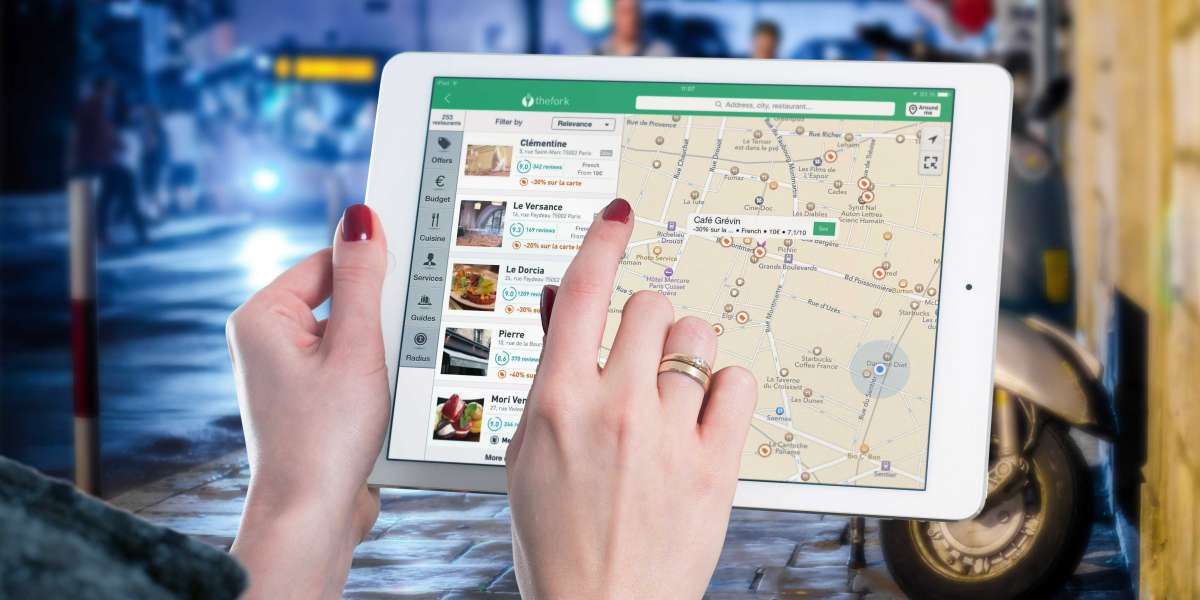Introduction: The Evolution of Location-Based Apps
The dawn of the digital era has brought numerous technological innovations, one of the most significant being location-based applications. These apps have transformed the way we travel, socialize, and conduct business. As they continue to evolve, understanding the key features that set the leaders apart becomes crucial. For developers and entrepreneurs looking to step into this domain, recognizing these vital elements is the first stride towards creating a successful location-based app.
Real-time Location Tracking
In the fast-paced world we live in, real-time updates have become more than just a luxury—they're a necessity. For a location-based app, providing users with real-time location tracking ensures they receive up-to-the-minute data. Whether it's hailing a ride, tracking a delivery, or sharing one's whereabouts with loved ones, immediate and accurate location updates elevate user experience and trust.
Geofencing for Enhanced Interactions
Geofencing allows apps to set up virtual boundaries, triggering certain actions or notifications when a device enters or exits these predefined zones. This feature is pivotal for businesses looking to offer promotions to customers nearby or for safety apps that alert users when they are leaving a safe zone. By providing timely and relevant notifications, geofencing bridges the gap between virtual and real-world interactions.
Seamless Offline Functionality
Connectivity issues can arise even in the most advanced urban locales. For a location-based app to truly stand out, it must offer seamless offline functionality. This ensures that users can access key features and information even when they're off the grid. Once they regain connection, the app should sync any offline data, ensuring continuity and reliability.
Personalized User Experiences
The best location-based apps understand that every user is unique. By leveraging user data and preferences, these apps offer tailored experiences—whether it's recommending local eateries, suggesting events in town, or even adjusting the interface based on user habits. This level of personalization makes users feel valued and increases app engagement.
Augmented Reality Integration
Augmented reality (AR) has quickly become a game-changer in the world of location-based applications. By overlaying digital data onto the real world, AR provides users with an immersive and interactive experience. Whether it's visualizing a new piece of furniture in one's home or playing an AR game in the park, the integration of AR breathes new life into the potential of location-based apps.
Comprehensive User Privacy Controls
With rising concerns over digital privacy, any modern app must prioritize user data protection. For location-based applications, this means giving users comprehensive controls over who can see their location and when. A transparent privacy policy, coupled with robust security measures, ensures users feel safe while using the app.
The Road Ahead: Diving Deeper
The aforementioned features barely scratch the surface of what's possible in the realm of location-based applications. For those eager to dive deeper and gain a more comprehensive understanding of creating such apps, this https://binerals.com/blog/how-to-create-a-location-based-app offers invaluable insights. With rapid technological advancements, the possibilities for location-based apps are only set to expand. Embracing these essential features will ensure developers are well-equipped to navigate this promising landscape.








